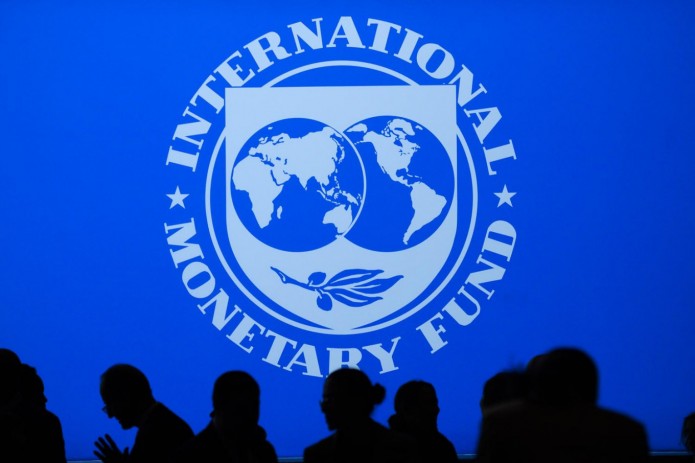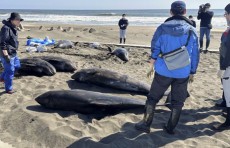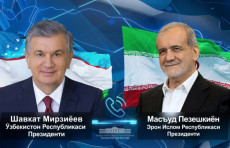IMF: COVID-19 pandemic has had short-lived adverse impact on Uzbekistan’s economy
The International Monetary Fund has published a Concluding Statement following an official staff visit from January 25 to February 16, 2021.

The International Monetary Fund has published a Concluding Statement following an official staff visit from January 25 to February 16, 2021.
“The COVID-19 pandemic has had a marked, but so far relatively short-lived, adverse impact on Uzbekistan’s economy. Although the pandemic hit the economy hard in the first half of 2020 and inflicted considerable hardship, the recession was moderated by strong and timely containment and support measures”, it said. “This strong policy reaction allowed for a sharp rebound in activity in the second half of the year, while the agricultural and construction sectors showed resilience throughout the year. This resulted in Uzbekistan being among the few countries posting positive overall growth in 2020, at a rate of 1.6%, although this was still about 4% points less than the growth rate projected prior to the pandemic”.
The organization has also assessed the authorities’ large support package was timely and well-targeted. “Banks were encouraged to allow firms and households to defer loan payments, providing sizable financial relief. Inflation continued to fall, although higher food prices kept overall inflation in the low double digits, ending the year at just over 11%”.
According to IMF, growth is expected to pick up further in 2021, but the level of uncertainty remains high and the recovery will depend especially on vaccine rollout.
“The recovery will also depend on continued economic policies to protect lives, support growth, and mitigate economic scarring from the pandemic . Should downside risks materialize, additional support would be warranted. As unemployment and poverty have increased due to the pandemic, there is a need to further expand the coverage of the social safety net, while improving its targeting”.
Meanwhile, the higher budget deficit this year can be offset by a gradual fiscal consolidation in subsequent years. Although public and publicly guaranteed debt is still at a relatively moderate level, it reached almost 38% of GDP at end-2020, nearly double the level of a few years ago.
It also commented on banking regulator`s monetary policy, which, according to the fund, remains appropriate. “Monetary policy should continue to focus on further reducing inflation, while allowing exchange rate flexibility, to further build credibility and better anchor inflation expectations. Under current policies, inflation is projected to continue to gradually decline, to just under 10 percent by end-2021”.





.png)



















